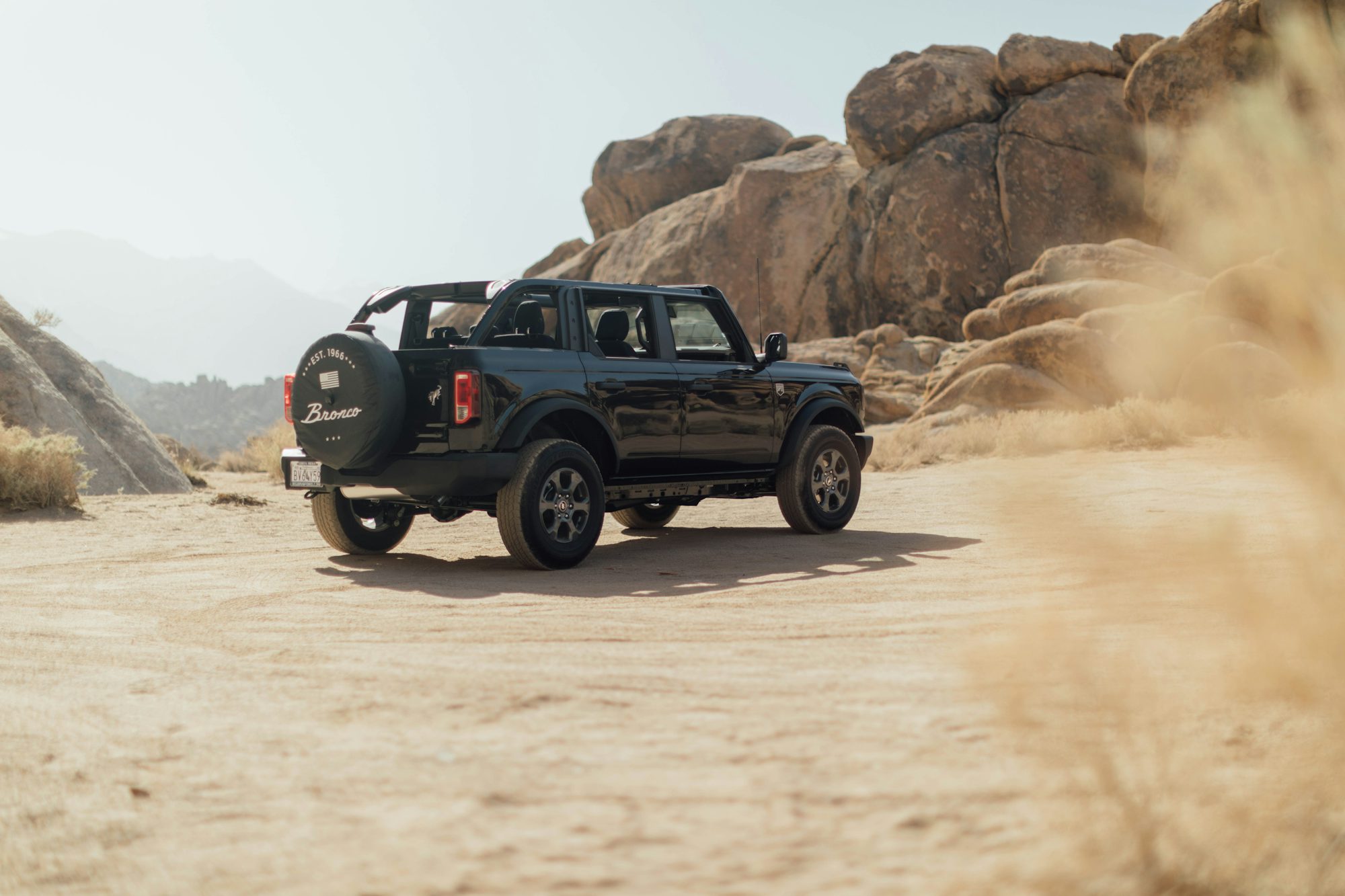1. Off-Road Vehicle
The foundation of any off-roading adventure is the vehicle itself. When selecting an off-road vehicle, consider factors such as the type of terrain you'll be tackling, vehicle capabilities, and personal preferences. Popular choices include SUVs, trucks, and specialized off-road vehicles designed for rugged conditions. Ensure your vehicle is equipped with four-wheel drive, sturdy tires, and a robust suspension system to handle challenging landscapes.
2. Recovery Gear
Recovery gear is indispensable for off-road adventures, as it prepares you for unexpected situations. Essential items include a high-quality tow strap or recovery rope, shackles, and a winch. A winch can help pull your vehicle out of difficult spots, while a tow strap provides assistance from fellow adventurers. Always carry a recovery kit, including a shovel, traction mats, and a jack to lift your vehicle if needed.
3. Navigation Tools
Exploring off-the-beaten-path locations requires reliable navigation tools. While traditional maps are useful, modern GPS devices or smartphone apps designed for off-roading provide real-time tracking and route planning. Look for devices that work offline, as cellular service may be limited in remote areas. A compass and a good understanding of basic navigation skills are also important, ensuring you can find your way back even without technology.
4. Safety Gear
Safety should always be a top priority during off-road excursions. Basic safety gear includes a first-aid kit, fire extinguisher, and a multi-tool or knife. Depending on your location and the challenges you may face, consider additional items like a roll cage or body armor for added protection. Always wear appropriate clothing, such as durable pants and sturdy footwear, to safeguard against scrapes and injuries.
5. Communication Devices
Staying connected during off-roading adventures is vital for safety and coordination with fellow adventurers. Two-way radios or walkie-talkies can provide reliable communication in areas with poor cellular coverage. Additionally, consider carrying a satellite phone for emergencies in remote regions where standard communication methods may fail. Keeping in touch ensures that help is readily available if needed.
6. Camping Equipment
For those who plan to spend extended periods off the grid, having the right camping gear is essential. A quality tent or rooftop tent offers shelter, while a sleeping bag and sleeping pad ensure comfort during the night. Portable cooking equipment, such as a camp stove or grill, allows you to prepare meals in the wild. Don't forget essential items like a cooler for food storage, utensils, and dishware to make your camping experience enjoyable.
7. Food and Water Supplies
Maintaining energy during off-roading adventures requires proper nutrition and hydration. Pack non-perishable food items like granola bars, nuts, and dried fruits for quick snacks. For longer trips, consider meal kits or freeze-dried foods that are easy to prepare. Always carry ample water, ideally in a hydration system or portable water containers. A water filter or purification tablets can also ensure you have access to clean water during your journey.
8. Tools and Maintenance Supplies
Mechanical issues can arise during off-road adventures, making it essential to carry basic tools and maintenance supplies. A toolkit with essential items like wrenches, screwdrivers, and pliers can help you address minor repairs. Don’t forget spare parts, such as fuses and belts, which can be useful in emergencies. A tire repair kit is also a smart addition, allowing you to address punctures or leaks quickly.
9. Clothing and Personal Gear
Appropriate clothing is vital for comfort and protection while off-roading. Choose moisture-wicking, breathable fabrics that offer sun protection and are durable enough to withstand rough conditions. A good pair of gloves can improve grip and protect your hands during manual tasks. Don’t forget a hat and sunglasses to shield yourself from the sun, as well as a lightweight jacket for cooler evenings.
10. Emergency Supplies
Being prepared for unexpected situations is crucial during off-roading adventures. An emergency supply kit should include items like flares, a reflective triangle, and extra batteries for your flashlight. A whistle can also be a useful signaling device in case you need to attract attention. It’s essential to have a well-stocked emergency kit that can help you respond effectively to any situation.
11. Spare Fuel
On long off-roading trips, running out of fuel can leave you stranded. Consider carrying a spare fuel canister that meets safety regulations for transport. Always calculate your fuel needs based on the distance of your journey and the terrain, ensuring you have enough to return safely.
12. Off-Roading Guides and Books
For those new to off-roading or exploring unfamiliar areas, having guides or books that provide insights into local trails, tips, and safety information can be invaluable. These resources can help you plan your trip, choose suitable routes, and understand the environmental conditions you may encounter.
Conclusion
Off-roading adventures can be incredibly rewarding, offering unique experiences and breathtaking views. However, having the right gear is crucial for safety, comfort, and enjoyment. From recovery tools to safety equipment, ensuring you are well-prepared can help you tackle any challenge that comes your way. By investing in quality gear and planning ahead, you can fully embrace the thrill of off-roading and create unforgettable memories in the great outdoors.
